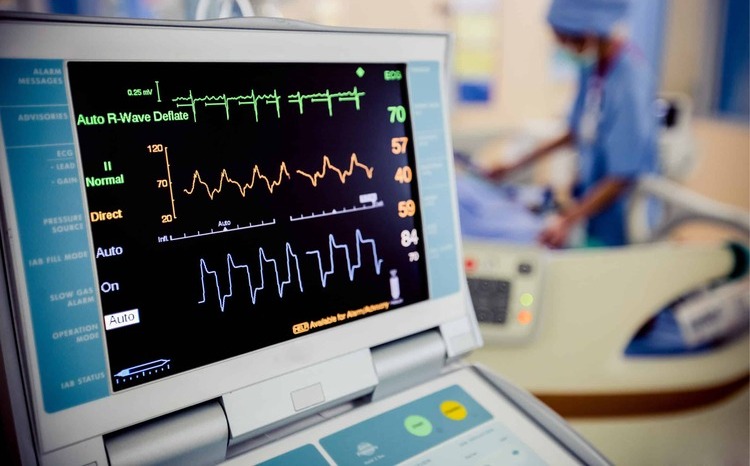Two remote monitoring tools for people diagnosed with heart failure have been recommended for use in the NHS by the National Institute for Health and Care Excellence (NICE).
The algorithm-based technologies, HeartLogic and TriageHF, monitor readings from patients’ cardiac implantable electronic devices (CIEDs) such as pacemakers, so that clinicians can detect signs of potential deterioration earlier and intervene before hospital admission is needed.
There were around 90,000 hospitalisations in England for heart failure in 2019/20, making it one of the leading causes of avoidable hospitalisations and the most common cause of admission in people aged over 65 years.
Studies found that the use of TriageHF can reduce all-cause hospitalisations by 58% and the use of HeartLogic can reduce heart failure-related admissions by 72%.
Anastasia Chalkidou, programme director of the HealthTech directorate at NICE, said: “Being able to remotely monitor someone with heart failure and detecting whether their symptoms are worsening in real time could be the difference between life or death.
“There are thousands of people diagnosed with heart failure each year and enabling them to live a healthy life, without having to go into hospital, is a double win for them and the NHS..
“The NHS is under considerable pressure and using technology, such as these devices, could prevent costly hospital admissions which would be avoidable if an early intervention is made.”
Following the recommendation in NICE’s final diagnostic guidance, published on 24 October 2024, HeartLogic and TriageHF can both be used throughout the NHS in England, where it is estimated that around 25,000 people have CIEDs that that are compatible with heart algorithm technology.
Researchers at Manchester University NHS Foundation Trust developed the pathway ‘TriageHF Plus’, in collaboration with medical technology company Medtronic.
Through Triage HF monitoring, patients have a simple transmitter box attached to their phoneline which automatically sends alerts from the patient’s pacemaker or implantable cardioverter-defibrillator to the heart failure team at the hospital if any dangerous, abnormal readings are identified.
Fozia Ahmed, consultant cardiologist at Manchester University NHS FT, who led the research, said: “I am delighted NICE has recommended the use of the TriageHF Plus pathway which will have a positive impact on patients across the country.
“We routinely see patients with heart failure in the hospital clinic for a check-up every six months, but we know that their condition can deteriorate rapidly between appointments.
“Having an automatic system that alerts us to early signs of deterioration enables us to intervene quickly, preventing hospitalisations and potentially deaths, due to heart failure.
“Additionally, from our experience of using this technology in Manchester, we know that heart failure alerts can also lead us to pick up on other health problems a patient may be experiencing during our phone consultations such as pneumonia or frailty.”
Following the research, TriageHF Plus has been implemented in eight hospitals across Greater Manchester to further evaluate the performance of the remote monitoring system.
In October 2023, NHS England published guidance recommending the expansion of virtual wards for heart failure patients, who account for around 5% of all emergency hospital admissions in the UK.







